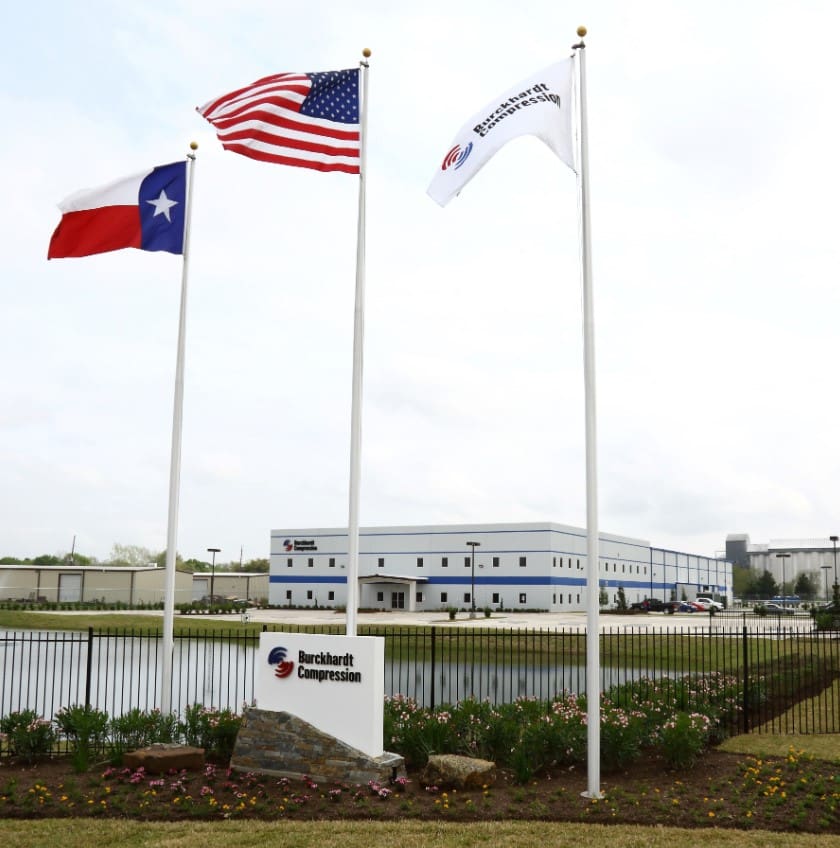ABB has been awarded two contracts by Plug Power Inc., a provider of turnkey solutions for the global green hydrogen economy, to provide the electrical systems for two new hydrogen plants in North America, set to collectively produce 60 tons of green hydrogen per day. Green hydrogen is produced with renewable energy sources and emits zero carbon when used as fuel.
The first plant, Project Gateway, in Genesee County, New York, will be North America’s largest green hydrogen production facility, providing the northeastern United States with 45 metric tons of green liquid hydrogen daily, which contains as much energy as 126 tons of gasoline and equates to 14,000 tons of carbon dioxide (CO2) per year.
ABB will provide the full electrical system encased in an ABB eHouse solution — a prefabricated, walk-in, modular outdoor substation hosting a range of electrical, automation, and ancillary equipment that provides the site and process power.
ABB will also supply gas and air insulated switchgear, low-voltage motor control centers, along with low-voltage variable speed drives (VSDs) for auxiliary applications. Medium-voltage VSDs will be applied to multiple motors in sync bypass mode. Used as compressor starters, these drives allow process control and reduce stress to equipment and utility loads by limiting inrush current and power demand during the process start. The plant will use Plug Power’s state-of-the-art proton exchange membrane (PEM) electrolyzers to split water into hydrogen and oxygen through an electrochemical process, using clean New York hydropower.
With a similar scope of work, Plug Power’s second plant, Peachtree, in Camden County, Georgia, will produce 15 tons of liquid green hydrogen per day using 100% renewable energy, serving customers in the southeastern United States.
The hydrogen produced will be used for logistics and transportation sectors, enabling users to replace fossil fuels in on-road applications such as heavy-duty freight vehicles and forklifts.

















